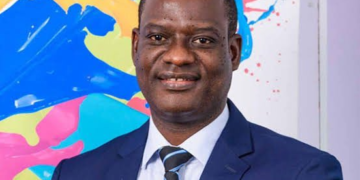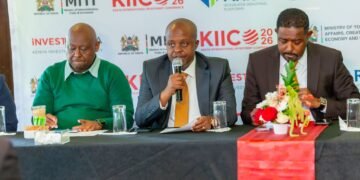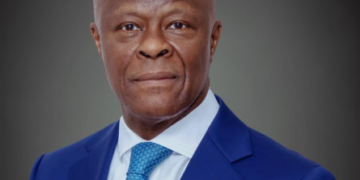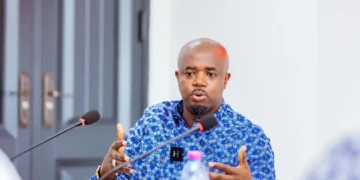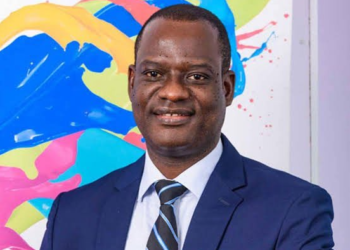The Ghanaian government has unveiled plans to center its 2026 budget on job creation, aligning with World Bank recommendations to tackle unemployment and foster private sector-led growth.
The announcement came during the launch of the World Bank’s ninth Ghana Economic Update, themed Addressing Labor Market Challenges and Opportunities in Ghana’s Economic Landscape, on Friday.
Deputy Finance Minister Thomas Nyarko Ampem, speaking at the event, described the report as timely, with budget hearings set to begin next week. “The 2026 budget will focus on jobs,” Ampem declared, emphasizing that the Ministry of Finance has established a Real Sector Division and a Research Division to drive evidence-based economic policies. These units aim to address labor and employment challenges as the economy recovers from recent fiscal pressures.
The government is rolling out targeted initiatives to boost employment, including the National Apprenticeship Programme, Adwumawura, and One Million Coders programs, designed to equip Ghanaians with skills and create dignified job opportunities.
In 2025, approximately GH¢564.4 million will be invested in these initiatives. Additionally, the National Entrepreneurship and Innovation Programme will receive GH¢410 million to unleash the creative potential of Ghanaian youth.
Ampem also highlighted broader interventions like the Big Push for infrastructure, Agriculture for Economic Transformation, and the 24-Hour Economy Programme, which are expected to spur indirect job creation. These efforts aim to address the national skills gap and unemployment challenges, reinforcing Ghana’s commitment to sustainable economic growth.



